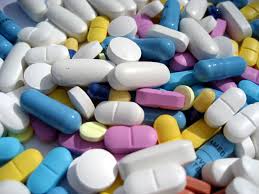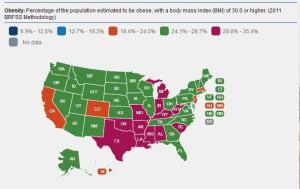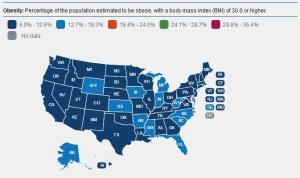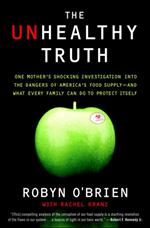
New heart disease and stroke prevention guidelines were released Tuesday (Nov. 12) by the American Heart Association (AHA) and American College of Cardiology.
Highlights of these new guidelines are that obesity should be treated like a disease and cholesterol-lowering drugs could prevent cardiovascular disease in more Americans than previously thought. The guidelines also urge overall healthy diets rather than stressing about occasional indulgences. And they give doctors formulas to calculate heart and stroke risk specifically for African-Americans.
Cholesterol-lowering statin drugs should now be prescribed to an estimated 33 million Americans without cardiovascular disease who have a 7.5 percent or higher risk for a heart attack or stroke within the next 10 years.
If followed, this would double the number of people taking these drugs. Why don’t we just put it in the water? In 2010, there were 221 million adults 21 or older in the US. If we are considering giving these drugs to 65 million of them – that’s 30% of the adult population.
This is craziness. Drugs have side effects. The known side effects of statins – according to the Mayo Clinic are:
- Muscle pain and damage
- Liver damage
- Digestive problems
- Rash or flushing
- Increased blood sugar or type 2 diabetes
- Neurological side effects
If we give these drugs to more and more people, what are the long-term health implications? What are the long-term financial implications? Who is going to pay for a third of US adults to take these drugs?
When will we get serious about changing the dietary and exercise habits of Americans instead of giving them more pills to hide the problems?
When will we stop suggesting diets like DASH that can only reduce the risk of diseases like heart disease, stroke and diabetes, but won’t make you heart attack- and stoke-proof the way a whole food, plant-based, oil-free diet can?
Why are researchers and clinicians like Colin Campbell, Caldwell Esselstyn, Dean Ornish and Neal Barnard ignored when guidelines are created by groups like the AHA? These doctors have over 20+ years of research and studies that prove the effectiveness of whole food, plant-based diets and the health risks of consuming even moderate amounts of meat, dairy and eggs.
As Dr. Esselstyn reminds us, “Moderation Kills.”
In his book Whole: Rethinking the Science of Nutrition, Dr. Campbell described the cozy relationship between groups like the AHA and the drug manufacturers and dairy and meat industry groups. (And the takeover of government agencies and research groups by the same monied interests.) The AHA can’t tell you to change your diet and give up meat, dairy, eggs, sugar and oils without losing funding.
Statins won’t keep you from getting heart disease or stroke. Don’t ask your doctor if statins might help reduce your risk of chronic diseases. Instead, find a doctor who can help you change your diet and lifestyle to quickly show real results.
Read this account of a man who had his “first 8 stents” done at the age of 31, and 9 years and numerous procedures later, he became heart attack proof following Dr. Esselstyn’s recommendations. He writes:
I have lost 48 pounds. My blood work has gone from total cholesterol of 208, LDL of 93, HDL of 41, and triglycerides of 368 last June to most recent results of total cholesterol of 89, LDL of 19, HDL of 53, and triglycerides of 83. That transformation is nothing short of amazing.
Take control of your health. Follow the links in the Nutrition section on this site and get the information you need to find your own path to health and well-being.
 The editorial couldn’t be clearer, with the title “Enough Is Enough: Stop Wasting Money on Vitamin and Mineral Supplements.” It was published in the prestigious journal Annals of Internal Medicine.
The editorial couldn’t be clearer, with the title “Enough Is Enough: Stop Wasting Money on Vitamin and Mineral Supplements.” It was published in the prestigious journal Annals of Internal Medicine.









